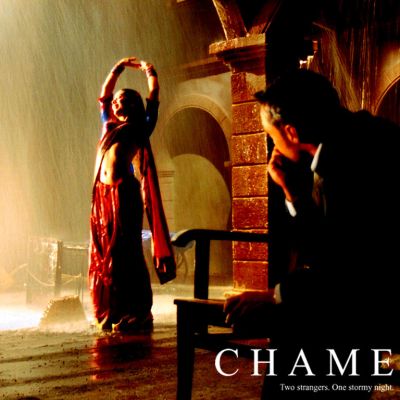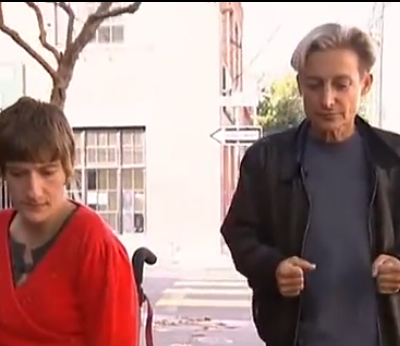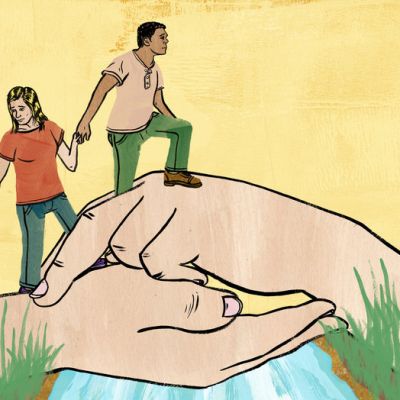Sexuality
As renowned queer scholar Judith Butler said, “For those who are still looking to become possible, possibility is a necessity.” This is essential but also easier said than done.
I just celebrated my twenty years in India last October and designed a performance for the occasion: ‘What is dance?’…
This stigma of caste, class and sexuality is a pervasive amalgamation of socio-cultural mindsets that take root and function in myriad complex ways, and paint working women in broad, sweeping, agency-less brush strokes.
Though I come from a very conservative family, being open about female masturbation and watching porn didn’t seem to bother me. Yes, people have oohed and aahed at me for being so. I am still the same, proudly.
On a Saturday morning, a group of adults gather in a circle in an elementary school classroom on the campus…
I realise that a lot of men want (and need) to dominate women not because it is mutually pleasurable but because it reinforces patriarchal hierarchies. The taboo around kink, as a larger space of exploration, and BDSM, as a part of it, only furthers the violence, intensifying the apparent mystery of these subjects.
Kumbalangi Nights is a beautiful glimpse into how masculinities are performed and what it does to the men performing them, as well as to their relationships.
What are the acts of reading that we allow young people, that we allow each other? And what does that say about the worlds we want and need?
Khusro to Bullah. Ada to Parveen
यह, वह, वो
He, she, they
Lover or Beloved? Woman or Man?
We need to expand the way we look at work, the workplace and the human being, understanding our approach to sexuality, society and each other.
This article was originally published in the NPR. January 8, 2018; TANIA LOMBROZO Two recent books, one a manifesto by British…
When working with parents on child sexual abuse (CSA) prevention, I often get asked the question, “How old should my…
Several hundreds of women have presumably enrolled at India’s other IITs in the past 20 years, although none of these schools keep records of the gender of their students. Where did all these women go ‒ and why aren’t they leaders in Indian industry today?















